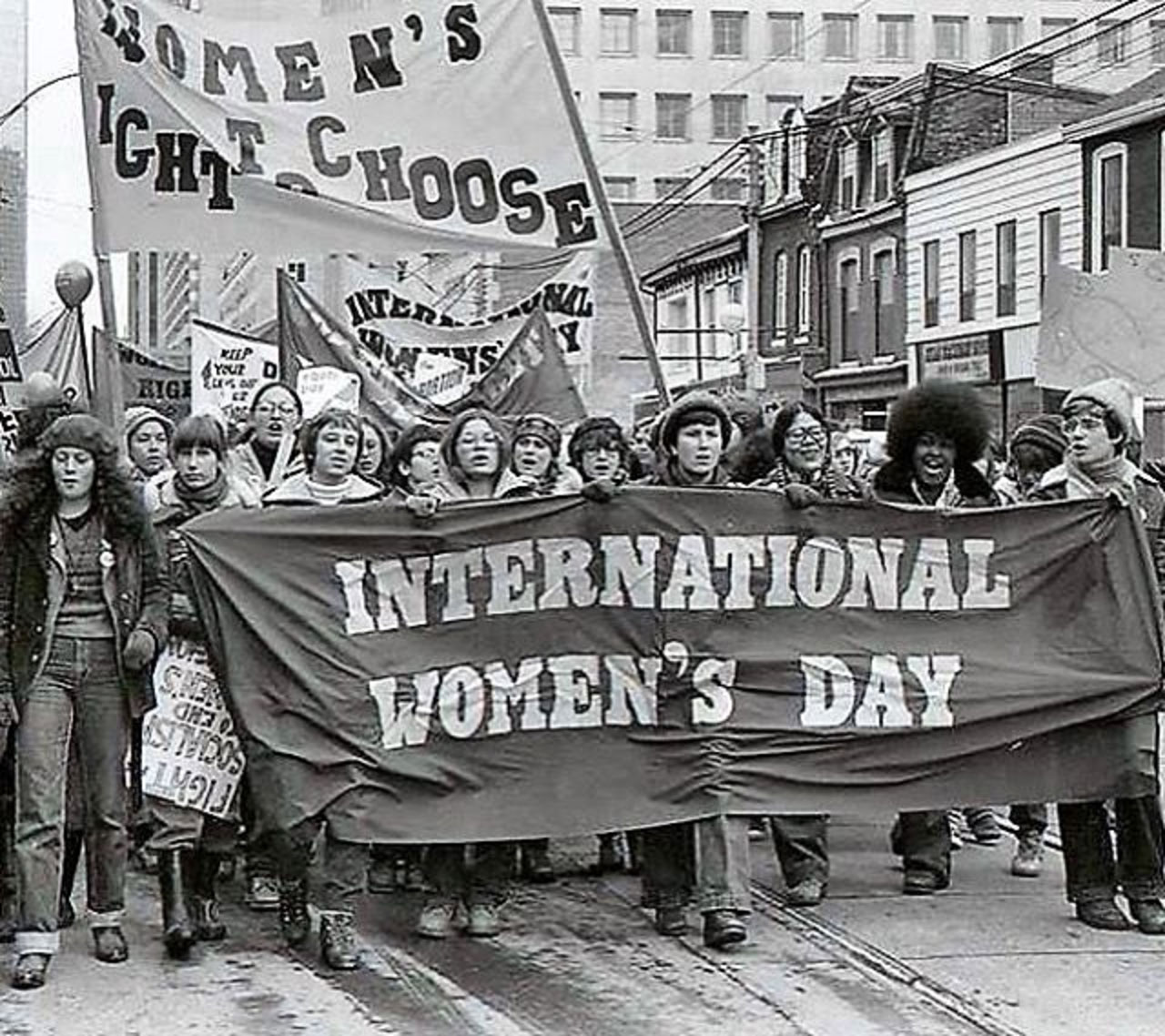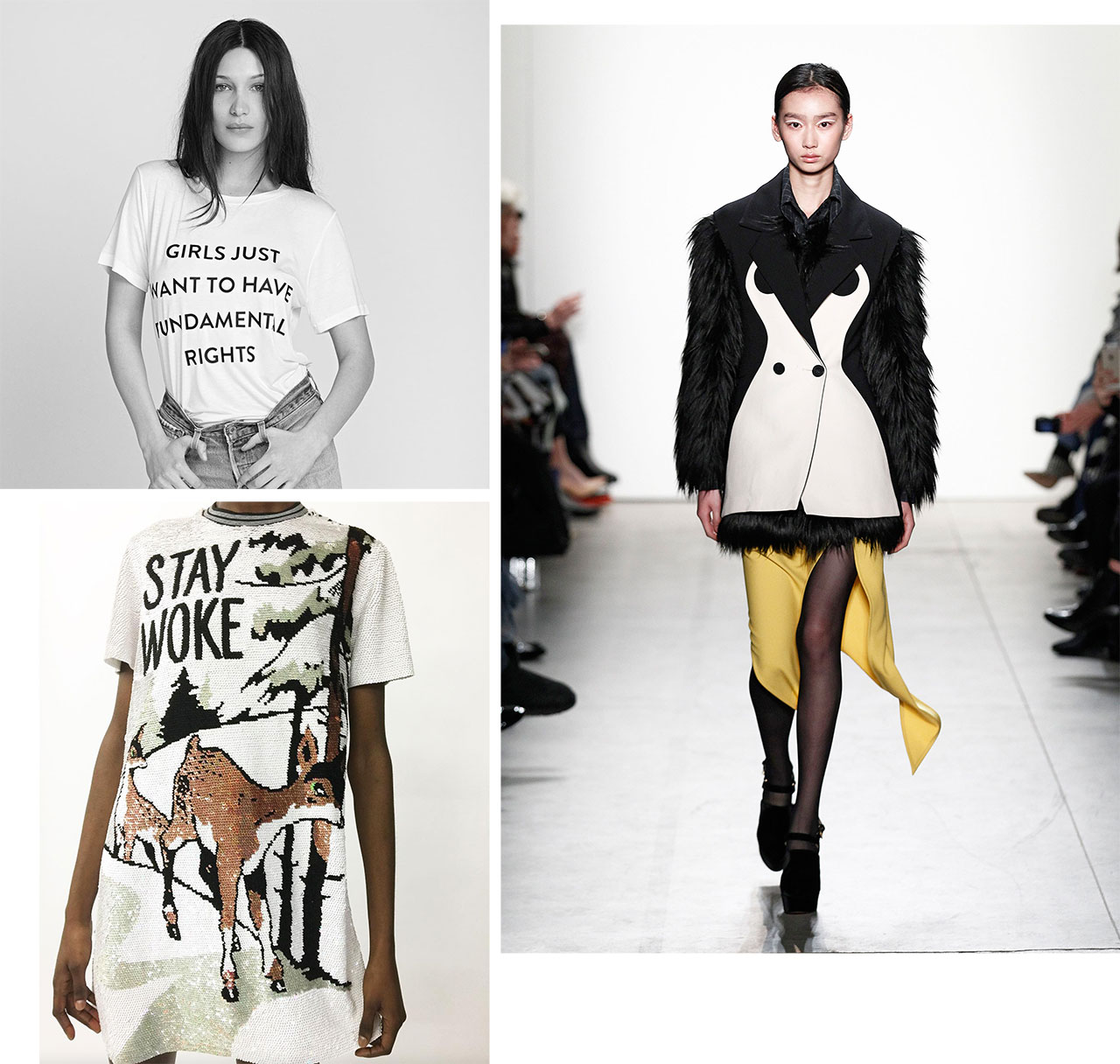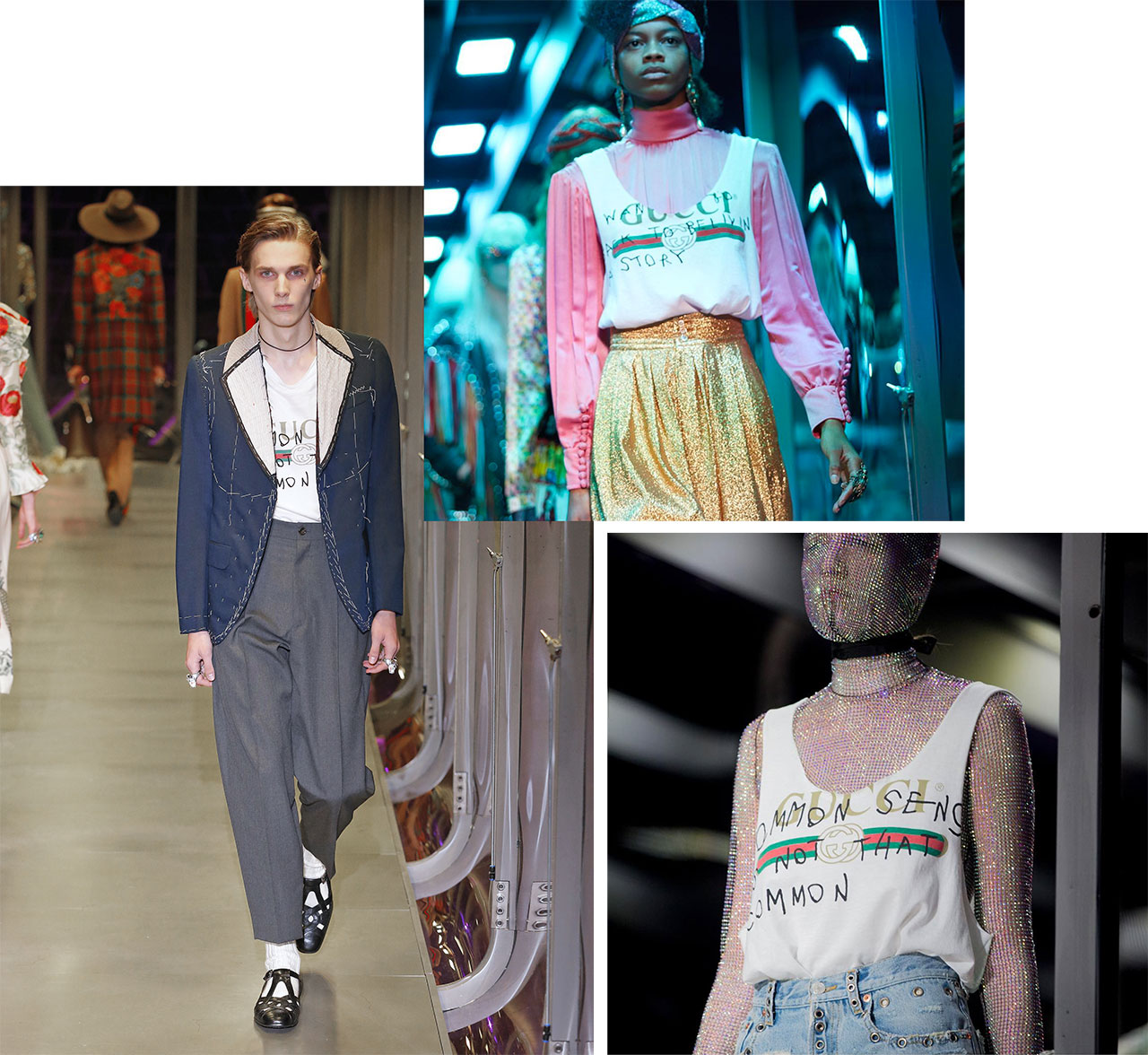News feed

Protesters at the International Women’s Day March, Toronto, Ontario, on March 8, 1982
Credit: LGBT History/Instagram
Today, on occasion of International Women’s Day, thousands around the world will participate in the Day Without Women and the International Women’s Strike, both general strikes staged as a demonstration of the social, cultural and economic power women and gender-oppressed people possess. It’s a wilful (and ironically inverted) act of erasure – something not often accorded to minorities and marginalised groups, regardless of gender.
All around the world in the spirit of solidarity that saw millions march during January’s Women’s March on Washington, women are encouraged to take the day off from paid and unpaid labour alike; shop only at small, women- and minority-owned businesses; and, if taking that level action isn’t feasible in a literal sense, wear red, a colour with historical allusions to both the labour movement and revolution throughout history. Men too are encouraged to participate as allies to the cause through taking sole responsibility for domestic work, or by initiating conversations with friends, family, colleagues and elected representatives about how to best enforce the reality that women’s rights are human rights to which all are entitled, regardless of race, ethnicity, creed, immigration status, sexual and gender identity, economic status, age or disability.
This year, International Women’s Day also falls on the final day of Paris Fashion Week, which feels especially poignant at the culmination of a season in which even the most perfunctory items of clothing – a pink knitted cap at Missoni, a white bandanna at Tommy Hilfiger, a slogan t-shirt everywhere else – have become politically charged expressions of style with substance.
And while watching, dissecting, and ultimately shopping the wares presented by countless designers throughout Fashion Month shouldn’t be conflated with political activism, now more than ever the act of dressing feels as much a declarative statement about one’s beliefs as marching, tweeting or even voting.

Clockwise from top: A t-shirt from Prabal Gurung, a portion of the proceeds from which will be donated to Planned Parenthood, the ACLU, and Gurung’s foundation, Shikshya Foundation Nepal; TOME invokes the Guerilla Girls, Louise Bourgeois and the #FreeTheNipple movement in an Autumn/Winter 2017 look; and Ashish Gupta implores his customers to ‘stay woke’ next season
Credit: Instagram/TOME
Over the past month, designers throughout all four major cities have used their platforms to make political statements, some more explicit than others. In New York, TOME cited a rich feminist art history practice to make a contemporary comment on the inherent sexism of censorship and the attacks women’s bodies face; while other designers, including Jonathan Simkhai, Public School, Christian Siriano and Prabal Gurung sent out a litany of slogans across t-shirts, “Nevertheless, she persisted” and “I am an immigrant” amongst the many sent out by Gurung.
In London, Ashish Gupta sent out technicolored sequinned looks emblazoned with even more vivid monikers, like “Nasty Woman”, “Pussy grabs back” and “Love sees no colour” set against embellished rainbow backdrops. Gareth Pugh presented “an austere vision of a world on the precipice of anarchy” in even darker tones than his usual fare and Teatum Jones commenced the week’s official proceedings by soundtracking their show with Meryl Streep’s Golden Globes speech lambasting Donald Trump’s treatment of a disabled reporter, while including models with disabilities in their cast.
And as recently as today in Paris, Australian designer Kym Ellery unveiled a collection that, like Miuccia Prada did, celebrated the many sides of a woman’s life as she journeys toward emancipation and freedom of expression.

“Tomorrow is no yesterday”: At Gucci, men and women bore slogans handwritten by the artist Coco Capitán which portend an uncertain future and a desire to revisit the past’s apparent idealism
Credit: Gucci/Instagram
In Milan, that sense of individual empowerment was perhaps most keenly embodied in the tour-de-force collection Alessandro Michele delivered at Gucci. As the embodiment of a utopian vision of diversity, Michele’s boundless creativity not only encourages thinking of the kind that challenges arbitrary boundaries, but drives forward a conversation happening concurrently in both the industry and the world at large. The Alchemist’s Garden collection, as it was so aptly dubbed, was also the house’s first wherein the men’s and womenswear lines were presented concurrently.
“It seems only natural to me to present my men’s and women’s collections together. It’s the way I see the world today,” Michele said last year when news of the merger was announced. “It will not necessarily be an easy path and will certainly present some challenges, but I believe it will give me the chance to move toward a different kind of approach to my storytelling.”
Ever the soothsayer, Michele then was preemptively echoing the sentiment of a new campaign launching today called #SheDecides, one built around the message that “None of us can move forward if half of us are held back”. It’s a powerful (and resoundingly true) ethos, and it comes courtesy of social action organisation Global Citizen and Chime For Change, a global campaign lead by Gucci whose goal is to raise funds and foster awareness and empowerment via access to education, health and justice for girls and women around the world.
Credit: Chime for Change
Since its inception in 2013, Chime for Change has joined forces with Global Citizen most notably on five festivals (headliners include Beyoncé, a co-founder of Chime For Change alongside Salma Hayek, Rihanna, Kendrick Lamar, Coldplay and Metallica). Tickets for the festivals are granted not through a lottery but through completing tasks and making real world commitments to actualise change with the ultimate aim of ending extreme poverty by 2030, by organising, attending rallies and calling representatives to demand change.
In an open letter released today and co-signed by many of the above artists as well as Julia Roberts, Dakota Johnson, Madonna, Hari Nef, Petra Collins, John Legend and Jada Pinkett Smith amongst many others, both organisations again spoke in unison, issuing a rallying cry to fight “for education. For justice. For every girl. Every woman. Everywhere. We fight for our future.” You can find out more information about their work here.
Ultimately, the #SheDecides campaign, like the recent work of these and many more designers, is greater than a statement intended to last one season. Implicit within each though is a spirit of rebellion in solidarity, in unison and in hope – something which never goes out of style.
Tile image: LGBT History/Instagram
Cover image: Vittorio Zunino Celotto/Getty Images










